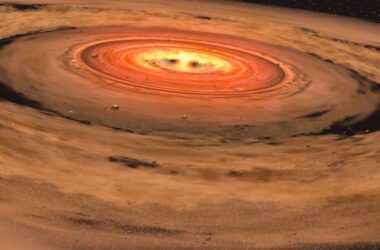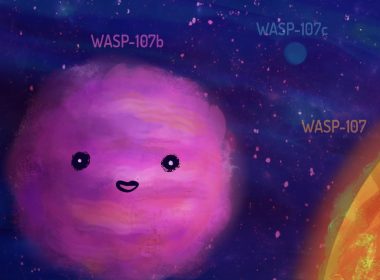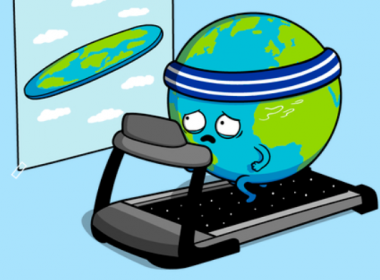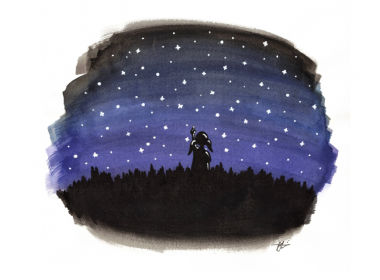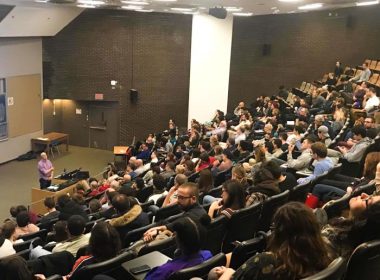The McGill Faculty of Science hosted the 38th edition of Soup & Science in the SSMU Ballroom from Sept. 3 to 6. Here, professors and students across many disciplines, from psychology to astrophysics, presented their scientific passion projects. Monitoring Arctic sea ice To begin the Sept. 5 presentations, Mallik Mahmud,[Read More…]
Tag: astrophysics
McGill exoplanet specialist recognized for outstanding work in astrophysics
Last month, the Astronomical Society of India awarded McGill physics professor Eve Lee the 2022 Vainu Bappu Gold Medal for her work in astrophysics. The award honours young astronomers—typically under 35—for their exceptional achievements and potential. Lee’s work focuses on exoplanets, which are planets that orbit around other stars in[Read More…]
Puffy exoplanet challenges traditional notions of planet formation
Since the first exoplanet was discovered in 1992, scientists have identified more than 4,000 of these astronomical bodies. Exoplanets—planets found outside our solar system—have been shown to challenge traditional theories of planet formation, which were based on Earth’s own system. A recent study has revealed that gas giants can form[Read More…]
2021 could be the shortest year in decades
While most assume that a day lasts 24 hours, this is not entirely true. Scientists believe that the Earth is spinning faster than it has in 50 years, and as a result, each day in 2021 may be infinitesimally shorter. To understand why this is, it is important to know[Read More…]
Learning to love physics
Two months ago, my boyfriend picked up a physics minor, and our conversations gradually began to veer off into the realm of Newton’s laws and black holes. I, far from a physics lover, expressed my frustration that our discussions were going way over my head. Soon after, he bought me[Read More…]
Searching for the first stars
Astrophysicist Jeff Peterson of Carnegie Mellon University delivered a lecture on Oct. 9 about the quest to study ‘cosmic dawn,’ the ‘turning on’ of the very first stars in the universe. Estimated to have occurred 150–300 million years after the Big Bang, physicists have sought to study signals from this[Read More…]
AstroMcGill talk sheds light on the Big Bang
The universe is comprised of billions of galaxies—encompassing all of space, all of time, and all of its contents. It all started with a Big Bang 13.8 billion years ago. On Nov. 16, particle physicist and cosmologist Oscar Hernández spoke about the Big Bang at AstroMcGill’s event Where, When &[Read More…]

